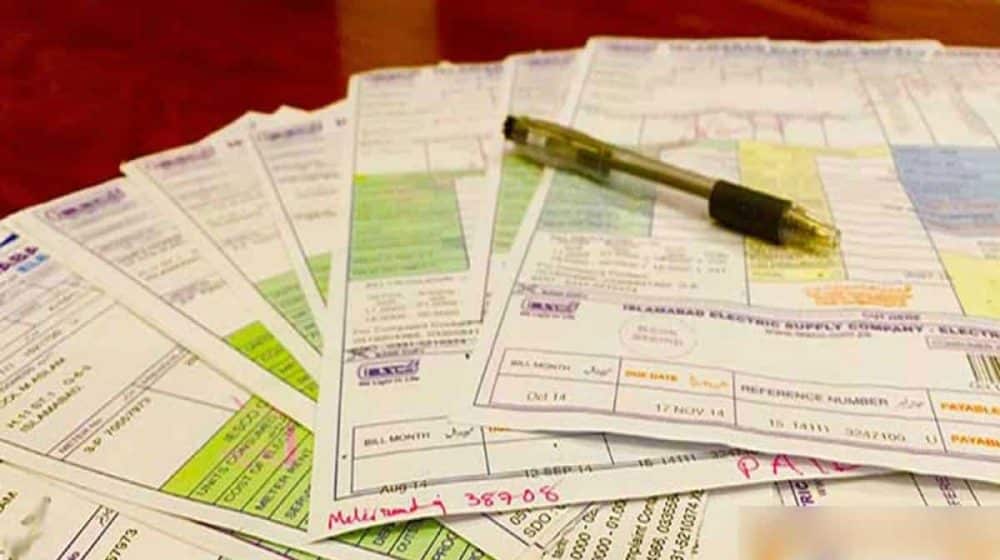The federal government has made a significant decision to refund additional charges collected from electricity consumers, leading to a possible 30 paisa per-unit reduction for one month.
The Central Power Purchasing Agency (CPPA) has formally submitted an application requesting an adjustment in February’s monthly fuel price.
CPPA Submits Application for February Fuel Price Adjustment
During February, the nation witnessed a substantial electricity generation of 6.495 billion units, while 6.666 billion units were supplied to various electricity distribution companies.
The per-unit electricity generation cost stood at Rs. 8.22, while the reference cost was set at Rs. 8.52 per unit.
- 15.02% was produced using local coal.
- 1.56% came from imported coal.
- 10.32% was generated from natural gas.
This energy mix highlights the country’s reliance on a combination of traditional and renewable energy sources to meet its electricity demand.
If NEPRA approves the CPPA’s application, consumers may witness a temporary relief in their monthly electricity bills.
The upcoming NEPRA hearing on CPPA’s application will be instrumental in shaping the final per-unit electricity cost for the coming month.
The government has been actively working to manage tariffs and ensure a balance between production costs and consumer affordability.
Impact of the Refund on Electricity Consumers
The refund could significantly ease financial burdens, especially for households and businesses already struggling with high costs.
- Lower Electricity Bills: Consumers will experience a direct reduction in per-unit costs, leading to noticeable savings.
- Relief Amid Inflation: The refund offers a minor yet valuable cushion against the rising cost of living.
- Support for Industrial Growth: Industries and businesses will benefit from lower operational costs, potentially boosting productivity and economic growth.
- Short-Term Measures:
- Immediate fuel price adjustments to ensure fair billing for consumers.
- Periodic refunds to provide temporary relief.
- Monitoring global fuel prices to adjust electricity tariffs accordingly.
- Long-Term Strategies:
- Expansion of renewable energy projects to reduce dependency on imported fuels.
- Investment in hydropower projects to enhance sustainability.
- Promotion of energy conservation practices among consumers.
Challenges in Electricity Pricing and Distribution
Despite the government’s efforts, the power sector faces multiple challenges:
- Fluctuating Fuel Prices: The dependency on imported LNG and coal leads to volatile electricity costs.
- Circular Debt Crisis: Power sector debts impact operational efficiency and discourage investments.
- Aging Infrastructure: Outdated transmission systems lead to inefficiencies and energy losses.
- High Cost of Imported Fuels: Heavy reliance on imported energy sources increases the overall generation cost.
Addressing these challenges requires policy reforms, investment in modern infrastructure, and a shift towards renewable energy sources.
As the regulatory authority, NEPRA plays a crucial role in setting tariffs. Its responsibilities include:
- Reviewing CPPA’s applications for fuel price adjustments.
- Ensuring fair electricity pricing for consumers.
- Monitoring power generation costs and optimizing pricing structures.
- Encouraging investment in alternative energy sources to ensure long-term sustainability.


